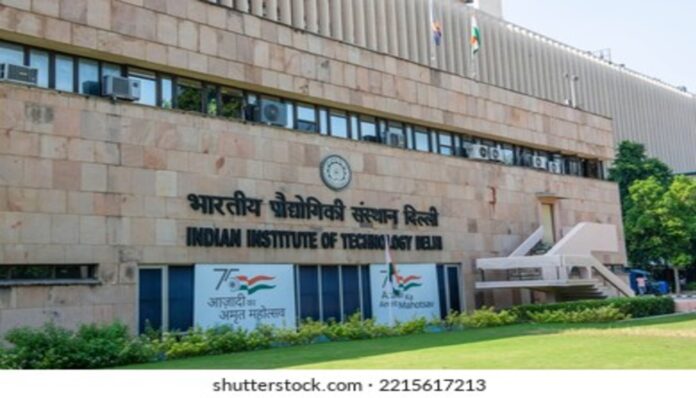In a recent development, the Indian Institutes of Technology (IITs) have strongly opposed the Union Government’s plan to implement a common entrance exam for technical institutions, as revealed in the minutes of a crucial meeting. The IITs expressed their concerns and reasons for rejecting the proposal, highlighting the potential negative impact on the existing admission process and the autonomy of the prestigious institutions. The proposal, put forth by the Union Government, aimed to streamline the admission process for technical institutions across the country by introducing a common entrance exam. However, the IITs raised significant reservations about the feasibility and implications of such a move.
One of the major concerns voiced by the IITs was the potential dilution of the rigorous and comprehensive admission process that has been a defining characteristic of these esteemed institutions. The IITs believe that their admission procedures, which include a combination of written exams, interviews, and aptitude tests, are essential for selecting the most deserving candidates who can excel in the demanding academic environment. A common entrance exam could overlook the nuances and unique aspects of each institution, potentially compromising the quality of students admitted.
Furthermore, the IITs expressed concerns about the proposed common entrance exam favoring rote learning and standardized test preparation, rather than promoting holistic and innovative thinking. They emphasized the importance of nurturing creativity and critical thinking among students, which can be better evaluated through the existing multi-tiered admission process. Another apprehension raised by the IITs was related to the potential administrative challenges and logistical complexities that may arise from conducting a nationwide common entrance exam.
Given the sheer scale and diversity of technical institutions in the country, implementing a uniform examination system could pose significant practical hurdles, leading to a compromised testing environment and inaccurate assessment of candidates’ abilities. While the IITs acknowledged the government’s intent to enhance efficiency and reduce the burden on students applying to multiple technical institutions, they stressed the need for a collaborative and consultative approach to arrive at an effective solution. They suggested engaging in discussions to explore alternative measures that address the concerns of all stakeholders without compromising the autonomy and quality of education provided by the IITs and other technical institutions.
In conclusion, the IITs’ rejection of the Union Government’s plan for a common entrance exam underscores their commitment to maintaining the high standards and autonomy that have made them renowned globally. The minutes of the meeting reveal a genuine concern for preserving the quality of education and the uniqueness of each institution’s admission process. It is hoped that through further dialogue and collaboration, a consensus can be reached to ensure a balanced and inclusive approach to admissions in technical institutions across the country.


